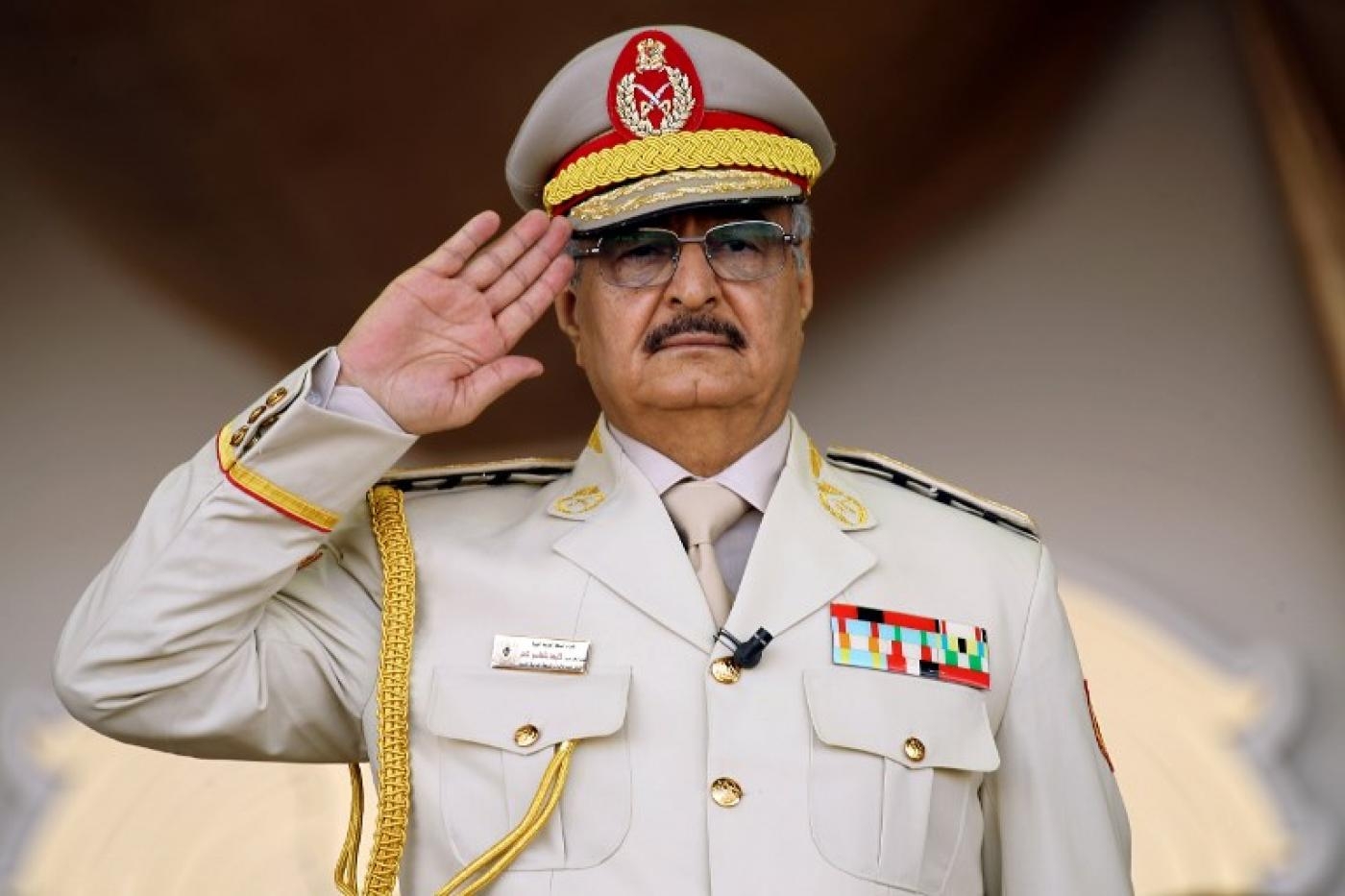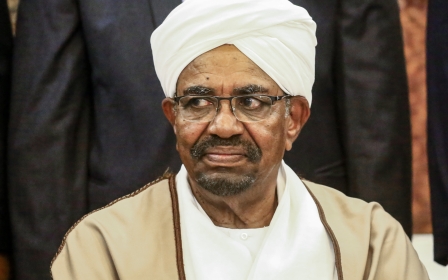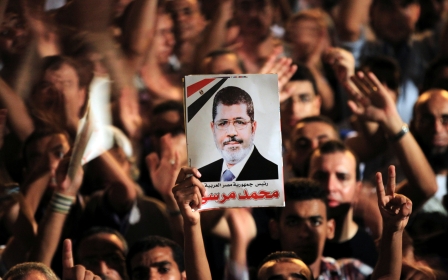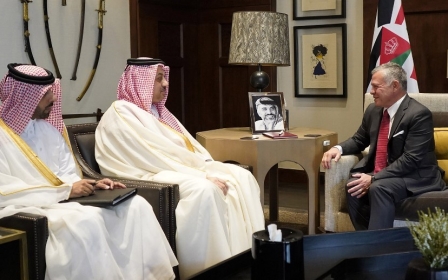Arabic press review: UAE and Sudan to supply Libya’s Haftar with fighters

UAE in deal with Sudan to supply Haftar with fighters
Leaders from the United Arab Emirates (UAE) and Sudan have agreed to send militant fighters to support General Khalifa Haftar in Libya.
Libyan and Egyptian sources have revealed large-scale mobilisation across the western Egyptian borders and the southern borders of Libya, with Saudi-UAE funding, that the sources described as “unprecedented”, the London-based daily Al-Araby Al-Jadeed reported.
An Egyptian source, close to decision-making circles, said that in recent days there have been deals with African militias from countries neighbouring Sudan to assist in Haftar's offensive to seize Tripoli in exchange for funds.
The source added that the agreements have been concluded with militants from Chad, funded by the UAE and Saudi Arabia, in an attempt to “reduce the Turkish intervention in favour of the Government of National Accord, and the forces of the Islamic current.”
New MEE newsletter: Jerusalem Dispatch
Sign up to get the latest insights and analysis on Israel-Palestine, alongside Turkey Unpacked and other MEE newsletters
The source also revealed that as part of the preparations for the “decisive battle”, Emirati leaders have concluded an agreement with the vice president of the military council in Sudan, Mohamed Hamdan Dagalo, also known as Hemeti, to provide Haftar’s militias with militants from Sudan.
Hemeti has strong ties with the leaders of Abu Dhabi and Riyadh, following the participation of members of the Rapid Support Forces he leads in the Yemen war alongside the Saudi-UAE coalition, sources confirmed to Al-Araby Al-Jadeed.
Major shake-up in Syria’s security services
The Syrian government has made several changes within the political, criminal and state security services, including the head of air intelligence.
The most noteworthy of the changes has been the removal of Major General Jamil Hassan, who tops the European Union’s sanctions list of those accused of war crimes, according to a report by the Saudi newspaper Asharq Al-Awsat.
Hassan headed the Syrian Air Force Intelligence Directorate since 2009 and has been nicknamed “the godfather of barrels”.
Hassan was one of the most senior officers in Syria, accused of committing a range of war crimes and is "notorious for his alleged involvement in the extensive use of torture in Syrian detention centers," according to the US State Department.
Last June the German federal prosecutor issued an arrest warrant against the general for committing crimes against humanity, in a case brought by Syrians living in Germany.
His deputy, Major General Ghassan Ismail, has been appointed to succeed Hassan.
Bashar al-Assad’s government does not issue official reports on promotions and changes in the military and intelligence leadership, it only sends internal circulars on those appointments, according to Asharq Al-Awsat.
Sources in the Syrian opposition have also told the Saudi paper that Al-Tanf military base on the Syrian-Iraqi-Jordanian border triangle, which belongs to the US-led coalition, has opened its door to local residents to join its ranks.
Its members will be trained in military camps in Jordan, according to the sources.
Jordan to crack down on unlicensed weapons
Jordanians own more than 10 million weapons, and more controls are needed on unlicensed small arms, Interior Minister Salameh Hammad said.
“The quantities of weapons in the hands of Jordanian citizens are more than 10 million pieces, and we have to control them,” said Hammad, reported in the Jordanian newspaper Al-Ghad.
The Jordanian minister was referring to the recent approval by the Council of Ministers of the draft law on arms and ammunition of 2016, saying that it was finally with the House of Representatives for consideration.
Hammad pointed out that “the purpose of the new law is to regulate the carrying and purchase of arms and limit the proliferation of illegal weapons.”
The head of the legal panel in the Jordanian parliament, Abdel-Moneim al-Oudat MP, said that the problem does not lie in the existence and licencing of arms, but with the “culture of violence”, which requires the limitation and seizure of unlicensed weapons, according to Al-Ghad.
Jordan has a population of about 10 million people, including more than 1 million Syrian refugees and about 1 million non-Jordanians.
* Arabic press review is a digest of reports that are not independently verified as accurate by Middle East Eye.
Middle East Eye delivers independent and unrivalled coverage and analysis of the Middle East, North Africa and beyond. To learn more about republishing this content and the associated fees, please fill out this form. More about MEE can be found here.




